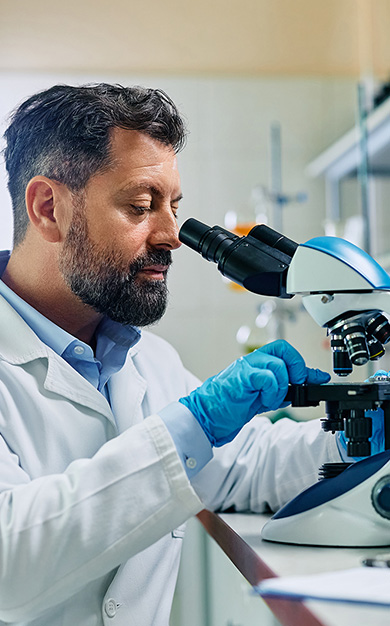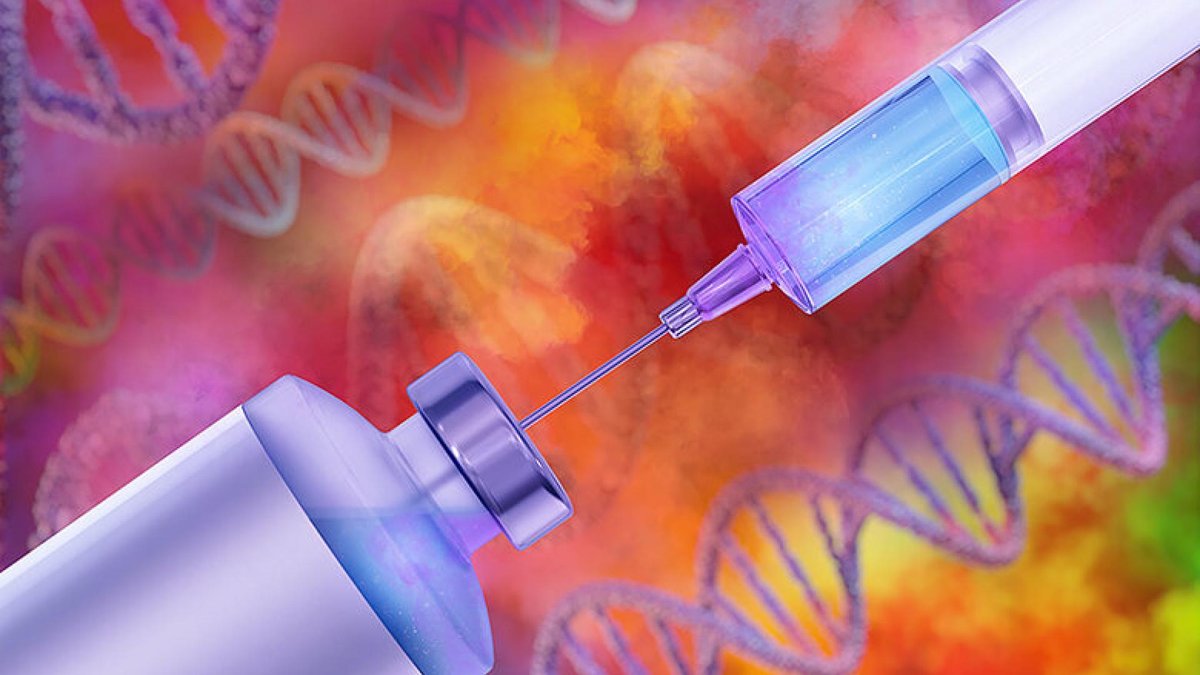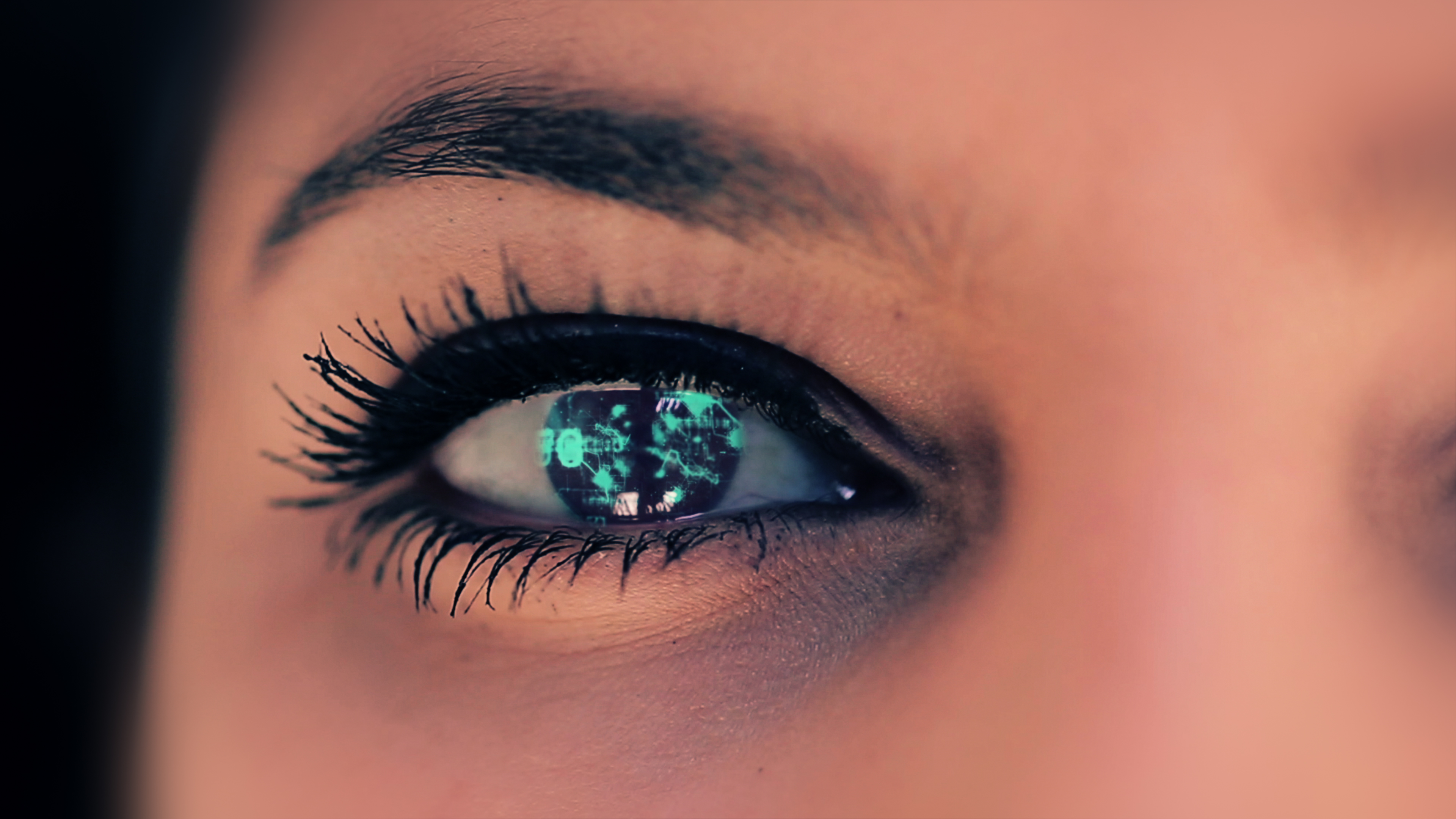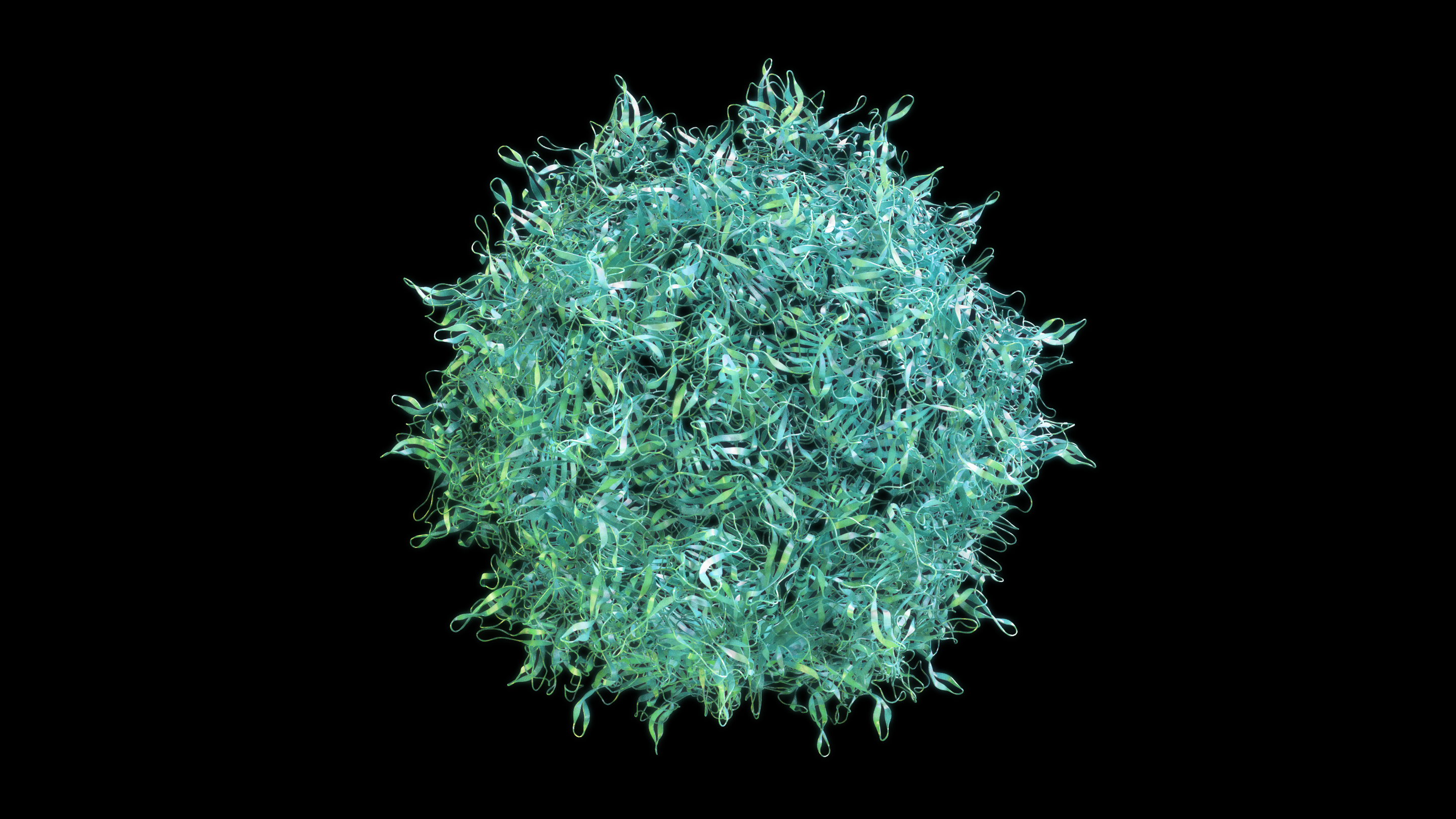
Key Takeaways
-
- What and when we eat can affect aging and age-related macular degeneration.
- Certain dietary supplements can reduce the risk of age-related macular degeneration.
- Medicines that activate cell repair mechanisms are on the way!
Age-related macular degeneration (AMD) rarely affects anyone under age 55. Most people who live to 100 have AMD. This means there must be something about the aging process that predisposes to the disease. The aging mechanism or mechanisms contributing to AMD are so important that “age” is the first word in the disease name!
Recent discoveries about general mechanisms of aging are likely to teach us how to prevent AMD. These discoveries, from Dr. David Sinclair at Harvard and other scientists, have been used to increase the lifespan of yeast, worms, flies, and mice. These are described in Dr. Sinclair’s book, Lifespan: Why We Age—And Why We Don’t Have To. Discoveries in the aging field have important implications for both our lifespan and healthspan—the number of years we can remain healthy.
Most of these discoveries relate to an evolutionary mechanism. When animals have plenty of food, most of their focus is on having offspring as quickly as possible. However, when food is limited, animals live longer so they can survive a famine, then reproduce when food once again becomes abundant. Food-deprived animals may even shut down reproductive functions; for example, a woman with anorexia may stop menstruating. Further, animals with abundant food are in a growth state, while those with scarce food are in more of a maintenance and repair state. However, it’s not necessary to starve to activate the maintenance and repair mechanisms. Also, this is a delicate balance as malnutrition will decrease health and lifespan.
Dr. Sinclair advocates periods of fasting to activate repair mechanisms. For example, stop eating after 8pm and don’t eat breakfast immediately upon waking—just drink some water, tea, or coffee. Wait to eat breakfast until later or skip it altogether. We have been taught that it’s important to start a day with breakfast, but this may not be the best approach, especially if it means eating sugary breakfast cereals.
Eat this, not that
Sugar is a strong activator of growth pathways and an inhibitor of repair. Research by Dr. Allen Taylor at Tufts implicates a diet high in simple sugars as a risk factor for AMD. One medication that is used to combat the harmful effects of high blood sugar in diabetics is metformin, which also increases longevity even in non-diabetic experimental animals. A retrospective (looking backward in time) study by Dr. John Ash at the University of Florida showed metformin use reduced the risk of developing AMD. Prospective (looking forward), randomized clinical trials are needed to provide a more conclusive test of metformin for AMD.
Animal proteins can also activate growth and inhibit repair through the effect of “branch chain amino acids” on a protein called mTOR, according to Sinclair. People who live the longest tend to live in so-called “blue zone” areas, where vegetables and fruits are a large component of their diets. Diets high in fruits and veggies also reduce the risk of AMD, according to Dr. Johanna Seddon at the University of Massachusetts Chan Medical School, while high meat intake increases the risk, according to a study by Dr. Robyn Guymer in Melbourne, Australia.
Dr. Seddon has also shown that eating fatty fish (like salmon, sardines, mackerel, or tuna) twice a week is associated with decreased risk of AMD. This protection may come from fish oils and omega-3 fatty acids, which are needed by the retina.
Proteins for healthy aging
Another aging mechanism is regulated by proteins called sirtuins. These proteins help maintain healthy DNA and a longevity-promoting epigenome, which controls which genes are turned on or off. With aging, there are defined changes in the epigenome that seem to represent a form of “biological clock.” Some of these changes, like reduced levels of antioxidant enzymes, predispose to AMD. Sirtuins can be activated with dietary supplements such as nicotinamide mononucleotide (NMN) and resveratrol; clinical trials are testing whether they can improve human health. Lifespan studies in humans are, of course, hard to perform as they are very lengthy.
Reducing inflammation
Inflammation is also associated with both aging and AMD. Inflammation is when our immune systems attack our own cells because they lose the ability to tell the difference between invading bacteria or viruses versus our own bodies. Age-associated inflammation can be minimized by controlling weight. Abdominal fat causes inflammation. Consistent with this, higher abdominal girth is a risk factor for AMD.
Exercise not only helps control weight, but, according to Sinclair, also causes a certain amount of damage to our muscles that activates healthy repair mechanisms. Of course, exercise is also excellent for the cardiovascular system.
Reduce free radicals and oxidative stress
Free radicals and oxidative stress also contribute to both aging and AMD. Free radicals are unstable molecules produced during the course of energy production in the body. They steal electrons from proteins, fats, or DNA, causing damage. The body has antioxidant enzymes to combat free radicals. Antioxidant chemicals can also be protective and can be obtained by eating fruits and vegetables and by taking antioxidant supplements. The NIH-sponsored Age-Related Eye Disease Study 2 (AREDS2) showed that people with early AMD can reduce their risk of vision loss by taking antioxidant pills (called the AREDS2 formula). These are available over the counter but are recommended only for patients with early AMD. For their younger relatives, the AREDS2 supplement is not recommended; rather, they should eat a diet rich in fruits and vegetables. Also, smoking should be avoided; it is a strong risk factor for AMD as it causes oxidative stress and free radical production.
One cause of free radicals is iron buildup. Iron, a potent generator of free radicals, builds up as we age because we continue to absorb it through our diets, but we do not excrete it. My lab has shown that this buildup happens in the retina with age, especially in patients with AMD. Excessive iron buildup in the body can be prevented by limiting red meat consumption and by donating blood a few times a year (which, of course, has the added benefit of helping people who need blood transfusions!) Too little iron can also be a problem, however, leading to anemia, so iron is a “Goldilocks”—you need just the right amount. We have found that free radical damage caused by iron can be completely blocked with an oxidation-resistant fat called D-DHA, which we are planning to test as a pill in human clinical trials for AMD.
Conclusion
Overall, much can be learned from aging researchers about the causes of AMD. New preventions and treatments will emerge from these discoveries. For now, a healthy diet and exercise should be adopted by patients with AMD and their families, who have some hereditary risk.
About BrightFocus Foundation
BrightFocus Foundation is a premier global nonprofit funder of research to defeat Alzheimer’s, macular degeneration, and glaucoma. Since its inception more than 50 years ago, BrightFocus and its flagship research programs—Alzheimer’s Disease Research, Macular Degeneration Research, and National Glaucoma Research—has awarded more than $300 million in research grants to scientists around the world, catalyzing thousands of scientific breakthroughs, life-enhancing treatments, and diagnostic tools. We also share the latest research findings, expert information, and resources to empower the millions impacted by these devastating diseases. Learn more at brightfocus.org.
Disclaimer: The information provided here is a public service of BrightFocus Foundation and is not intended to constitute medical advice. Please consult your physician for personalized medical, dietary, and/or exercise advice. Any medications or supplements should only be taken under medical supervision. BrightFocus Foundation does not endorse any medical products or therapies.
- Diet & Nutrition
- Lifestyle
- Nutrition
Help Fight Macular Degeneration and Save Sight
Your donation helps fund critical research to bring us closer to a cure for this sight-stealing disease and provide vital information to the public.
Donate Today








